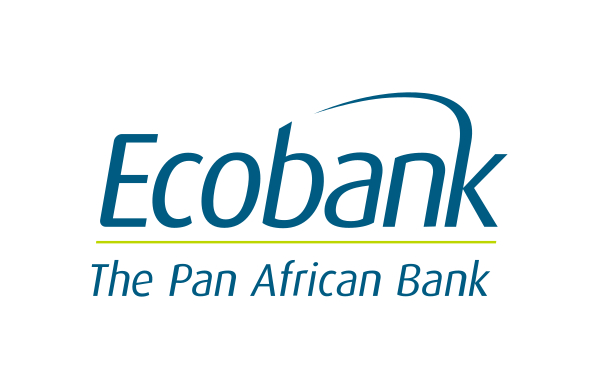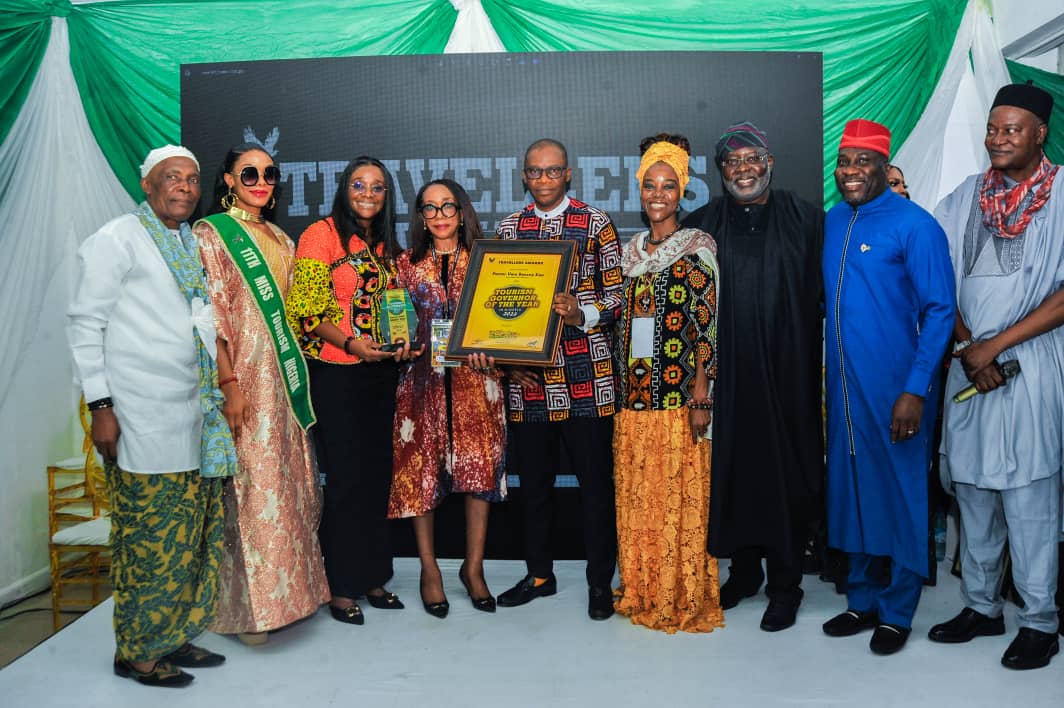By Eric Elezuo
While it is still a whole three years before the next general election in 2027, The Boss has learnt that opposition parties in the countries are being muffled to pave the way for the ruling All Progressives Congress (APC) to return to, and retain power.
From the Peoples Democratic Party (PDP), to the Labour Party (LP), and down to the New Nigerian Peoples Paty (NNPP), crises have engulfed the rank and files, in what a source told this paper was the attempt and making of the ruling party, APC, to decimate, destabilize and make redundant the machineries of the opposition parties.
It is believed that by 2027, the apparatuses holding together the various opposition parties would have weakened irredeemably to the extent the country would seemingly nosedive into the inglorious one party state that every civil right advocate and democrats abhor.
It is alleged that all the crises in all the opposition parties are being engineered by the President Bola Tinubu-led ruling APC, with the hope of getting the fibres of their system weakened, thereby luring the members of the crisis-ridden parties into the APC.
Slightly one year after the last presidential election, the two major opposition platforms, Peoples Democratic Party (PDP) and the Labour Party, have separately been embroiled in a crisis of confidence which has diminished their capacity to provide viable opposition to the ruling All Progressives Congress (APC).
The crises in both opposition parties got to a head. The Labour Party led by its national chairman Julius Abure held its much-opposed national convention which was boycotted by its 2023 presidential candidate, Peter Obi; its only governor, Alex Otti of Abia State; federal and state lawmakers elected on its platform, and the organised Labour.
In the Labour Labour, members have been embroiled in endless battle of supremacy with a faction led by Mr. Apapa steadily contesting the leadership of Julius Abure.
Consequently, the presidential candidate of the party in the 2023 elections, Mr. Peter Obi, reverence as a leader in the fold, noting that whatever the party faces presently, that Nigeria’s problems are far bigger than the crises in his party.
The LP has been embroiled in crises — ranging from allegations of misappropriation of funds, and leadership tussle, to calls for the resignation of the party’s national chairman.
TheCable reported that “On March 27, the LP conducted a national convention in Anambra state where Julius Abure was re-elected as its national chairman.
Obi did not attend the convention, fuelling speculations that he may be mulling over ditching the LP for another platform.
Speaking during an appearance on HaveYourSay247, an interactive online session hosted by Rudolf Okonkwo over the weekend, Obi said he is confident that the crises rocking the LP will soon be resolved amicably.
“Whatever is happening in the Labour Party is so minute compared to what is happening in the country,” Obi said.
“So, for me, it is something we will resolve amicably, and it is not anything to worry about. Let us worry about the country.
“Let us worry about how the average Nigerian would be able to have a means of livelihood to be able to eat, that should be our worry.”
Obi said he has no interest in being the party’s leader but only to make sure things are done properly.
“I don’t see what I do in politics as being the leader of any place or not. My position is that just like I always say, I am not desperate to be president of Nigeria, I am desperate to see Nigeria work because I know it can work,” he added.
“We have a more desperate situation. Parties are just a means to be able to contest elections. What is important is that being a leader of a party does not reduce the price of food.
In the PDP, the shenanigans of former Rivers State Governor, Mr. Nyesom Wike, has practically kept the party in constant crisis with many observers concluding that the now Minister of the Federal Capital Territory (FCT) is working for the APC, and is just a mole in the PDP. Wike has denied the allegation, however,
But news filtered in last week as that the immediate past Governor of Rivers State, and Minister may have concluded plans to attend the much advertised National Executive Council (NEC) meeting of the main opposition party, the Peoples Democratic Party (PDP), billed to hold on Thursday, in Abuja.
Impeccable source, who is in the know, told The Boss that the minister, whose membership of the PDP is yet to be revoked even as he frolicks with the ruling All Progressives Congress (APC), and serving in the President Bola Tinubu government as a minister.
The Source told The Boss that Wike’s impending presence at the NEC meeting on Thursday was not unconnected with plans, already hatched with some governors, to weaken the opposition PDP.
“Yes, we have on good authority that FCT minister, Wike is planning to attend the NEC meeting tomorrow all in a bid to weaken the fabrics of the PDP, and pave the way for the continuation of the Tinubu administration come 2027, and by extension, relapse Nigeria to a full blown one party state.
“From every indication, Wike and his co-travellers, are bent on unleashing the same crisis ravaging the third force, Labour Party, and Senator Rabiu Kwankwaso’s Nigerian National People’s Party (NNPP) on the PDP for the APC to remain the only political party in the country, and ensure that Tinubu has no challenger, come 2027,” the Source said.
It would be recalled that Wike has boasted over and again that there’s no opposition against Tinubu’s re-emergence in 2027, and that they have made sure of that. He has been compensated with the Ministerial job after he withdrew support for his party, and supported the APC and Tinubu to emerge as national government.
The Source further revealed that in the attempt to actualize the intended one party state, a lot of funding is ongoing to ensure that concerned stakeholders are ‘settled’ handsomely.
Wike, prior, during and after the 2023 general elections, has been floating in between the two major political parties; the APC and the PDP. While he claim to still be a member of the PDP, he is functioning as a minister in an APC government, mocking the inability of his party to discipline him.
While political stakeholders concluded that the outcome of the Thursday’s PDP NEC meeting will determine the path Nigeria’s political trajectory will take, and that it may portend the end of multi-party system and political democracy if Wike succeeds in his plan; every page of what finally transpired at the meeting pointed to the fact.
The much touted removal of the party chairman, who is believed to be a crony of the Abuja minister, Damagum, retained his seat, with his executives.
“It is very clear to everyone that a lot of money politics is being played to cajole many loyal members of the party, forcing them into frustration, and eventually it of the party. The option afterwards, will be the APC. This, will for all intent and purpose actualize the intended one party state as an APC agenda.
The Musa Rabiu Kwankwaso-led NNPP is not faring better either. The only governor under their ticket, Abba Kabir Yusuf, just had the confidence of their party on him withdrawn. He was fighting for his political life until suddenly it was announced the the APC in Kano has collapsed its structure into the NNPP.
“This is just another APC strategy to actualize their hidden intentions. Time will reveal the very sinister agenda they harboring,” an analyst said.
Much as 2027 is still three years away, but intrigues are in play to render Nigeria a one party state, and perpetuate the APC in power. The three other opposition parties are basically under attack to bring to pass this unpopular agenda.

 News6 years ago
News6 years ago
 Featured6 years ago
Featured6 years ago
 Boss Picks6 years ago
Boss Picks6 years ago
 Headline6 years ago
Headline6 years ago
 Headline6 years ago
Headline6 years ago
 Headline5 years ago
Headline5 years ago
 Headline6 years ago
Headline6 years ago
 Headline6 years ago
Headline6 years ago






















